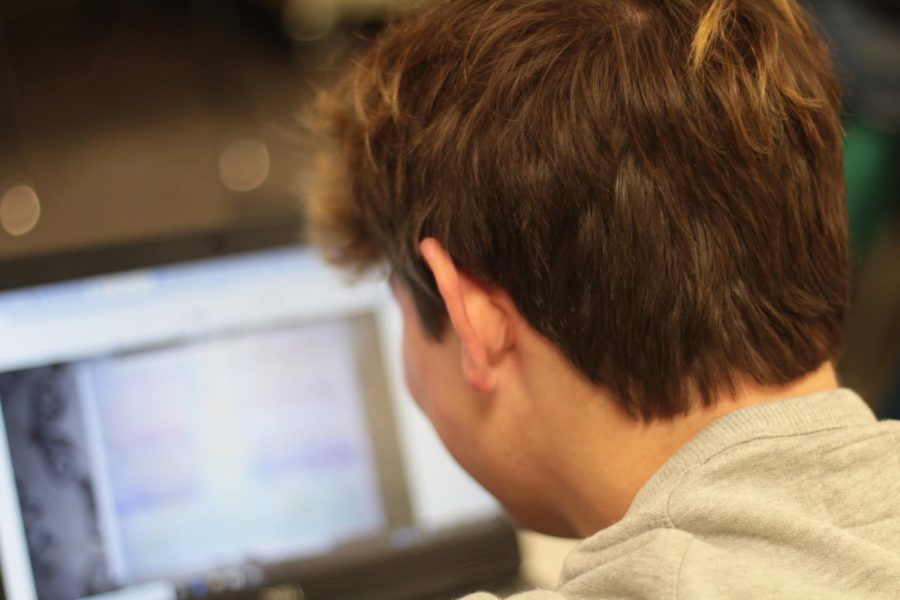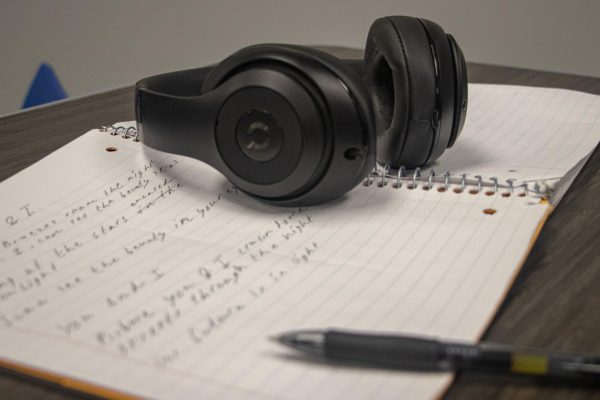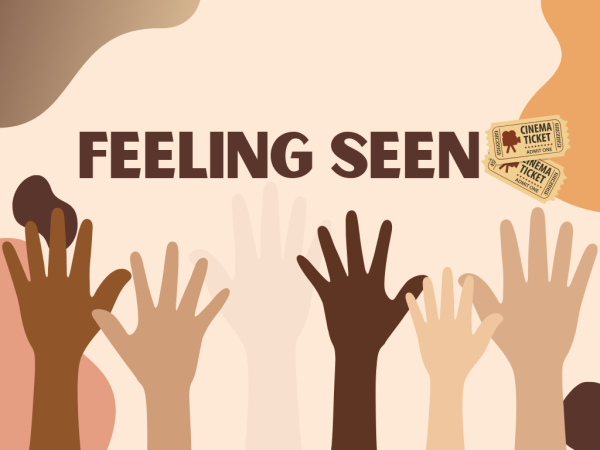Opinion: Unfair Online Opportunities
Online courses are becoming more popular with high school students. However, online courses present new issues for administration due to the lack of supervision. Cheating is becoming increasingly easy because of how surrounded we are by technology; we are one click away from the answers we want.
Even in the traditional classroom, students purposely miss tests, or occasionally find answers to a test and work together to cheat. Now imagine the student does not have anyone watching them, can use the internet whenever they want and desperately wants a good grade; of course they are going to cheat.
Online courses take every opportunity students have to cheat in the classroom and make it 10 times easier. There is no supervision of the student, so there is no incentive not to cheat. There is no fear of being caught. In fact, with grades being so important, kids are probably more compelled to cheat than ever.
I understand not everyone cheats; however, a Stanford Academic Cheating Fact Sheet stated 86% of high school students agreed most students do cheat at some point in high school. There is no point in taking a class if you cheat the whole time — you do not learn anything.
I know a person who took an online course and would just turn on the lesson and walk away, going to watch anime. When the time came to take a quiz or test, he would just look up the answers and receive a good grade. The point of taking a class is to learn something. If you just disregard the lessons and search up the answers, you do not learn anything. The class is only used as a way to easily get credits or an easy A.
What makes this issue even worse is AP courses can be taken online. The boosted multiplier and difficulty of AP classes makes the likelihood of a student cheating much higher. Cheating in these classes is already high because everyone is competing for the best GPA and rank.
Other than AP classes, there are courses that should not be offered online. The main example of this is online PE. It is pointless. PE is a place where you can play sports and interact with other students. By taking it online, you remove all of the other people you are supposed to interact with. Now you may think cheating in online PE is impossible, but you would be wrong. Students are expected to send in videos of themselves doing the exercises, whether it is push-ups, sit-ups or any exercise. Students often bypass this by recording a short video and looping it, giving the appearance they completed the exercise.
I understand online courses are convenient for those who have busy schedules. Online courses are flexible and helpful for getting in extra courses throughout the year and helping people graduate early. However, there needs to be more regulations to prevent rampant cheating. They could lock you into the screen to prevent you from looking up the answers. Adding questions that must be answered before you can move on would force the student to pay attention and in front of the computer screen. Simply making the questions open ended or essay based would force the student to use their own work.
Something must be done. I should not be put at a disadvantage because I chose to take a class where I do not have the freedom to ignore the lesson and just look up the answers instead.

Senior Henry Hays is the sports editor and this his second year on staff. He is a fan of all Dallas sports teams and plays soccer at Hebron. He spends...














Anonymous • Mar 17, 2020 at 1:57 AM
Respectfully, I disagree with the argument. Online courses are valuable and you are overestimating the amount of cheating in online classes. Most online classes have teacher supervision in classes during tests. Also, online classes allow busy students to take more classes even during summer. The statistic you mentioned is obviously going to be a high number, it asked students if they cheated their entire high school career. Most high school students don’t even take online classes so that 86% who cheat largely represents those in non-online classes. Nothing needs to be done. A person who cheats will cheat regardless whether or not it’s online. Just because people are competing for high GPA/rank, that doesn’t mean they’re cheating. When you write “of course they are going to cheat,” why are you assuming that everyone will cheat if a class is online? Perhaps it’s because you would cheat yourself. Also, you shouldn’t write “I” in “I should not be put at a disadvantage” and replace it with “other students”. It sounds selfish and comes off as a a rant/unprofessional.